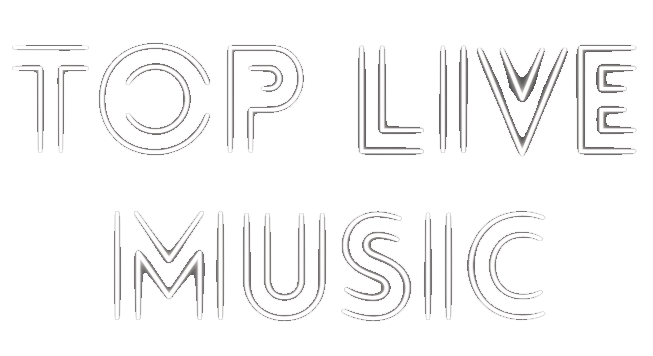Four months after creating a firestorm with his “Try That in a Small Town” video, Jason Aldean professes to still not understanding what all the fuss was about. In an interview with the Los Angeles Times promoting his just-released 11th studio album, Highway Desperado, the 46-year-old singer said the backlash to the song and video was “a little surprising” to him.
“I mean, I felt like the song would probably start a conversation about the state of the country,” he said of the track that was labelled as pro-gun and a “modern lynching song” by detractors who said the threat-filled lyrics appeared to promote violence. “Us putting that song out and it doing what it’s done just shows me there’s a lot of people out there that feel the same way I feel,” he said of the track that hit No. 1 on the Billboard Hot 100 for a week before suffering a historic fall from the top spot.
After incorrectly claiming that there are “laws being passed” that prohibit shop owners from retaliating against thieves — the Times noted that an early version of a California Senate bill had a provision that would have prohibited businesses from requiring non-security employees from confronting shoplifters — the singer said he “made a point” in the song’s video to show “people of all races and colors doing things that in my opinion were not cool.”
The controversial video that had Aldean performing in front of the Maury County Courthouse in Columbia, TN — the site of the 1927 lynching and hanging of 18-year-old Henry Choate over allegations that he sexually assaulted a white girl, as well as the spot of a 1946 race riot in which two Black men were killed — was pulled from CMT shortly after its debut.
Lyrics challenging those who would “carjack an old lady at a red light,” “cuss out a cop” or “pull a gun on the owner of a liquor store” were juxtaposed in the visual with images of an American flag burning, protesters clashing with police, looters breaking a display case and thieves robbing a convenience store. The narrative also featured images of a Black Lives Matter protest that appeared to be edited out after the backlash.
Asked if he would have shot the video elsewhere had he been aware of the the well-known history of the video’s location, Aldean said it would have been “more of a conversation,” offering that there have been “a ton of things” that were shot on the same location “and it was never brought up. Then all of a sudden, our video comes out. People were trying to find something where there was nothing.”
When the interviewer asked if lines such as “around here we take care of our own” couldn’t potentially be seen as “white people circling the wagons,” or at the least a “pretty hysterical portrait of urban chaos” Aldean said, “you could take it as that if that’s how you want to take it. But the way you take it, versus the way I said it and meant it, it’s not necessarily accurate. It’s a very simple message: What I see happening, I’ve never seen that in the towns I grew up in in Georgia. It just doesn’t happen, and it wouldn’t last.”
Aldean was also asked to comment on a show he played last year at Nashville’s Bridgestone Arena in which the crowd booed when he mentioned fellow country star Maren Morris in the midst of his long-running feud with the singer. Morris had earlier taken Aldean and his wife, Brittany, to task for her transphobic comments; Morris’ recent single, “The Tree,” was accompanied by a video that was seen as a response to the “Try That” clip.
“I’ve never talked to her for more than probably 10 seconds. So I don’t really have an opinion about her,” he said of Morris. “The only thing I knew was that she was coming after my wife in the media. Obviously, her and I are on completely different ends of the spectrum as far as our beliefs. But I don’t know her at all, truly. That’s what was so weird for me: This chick’s coming after us, and I’ve never even talked to her before. Yet she claimed to know so much about me and my wife somehow.”
In a lightning round of questions, Aldean was asked if President Biden was legitimately elected and responded, “depends on who you ask,” while confirming that he was “very happy” with his decision to not get the COVID-19 vaccine. As for whether he wants twice-impeached, four-times indicted former one-term president Donald Trump to be the GOP nominee next year, he said it “wouldn’t hurt my feelings. I like Trump. Hung out with him a couple times — been very cool to me. I have nothing but good things to say about the guy.”
